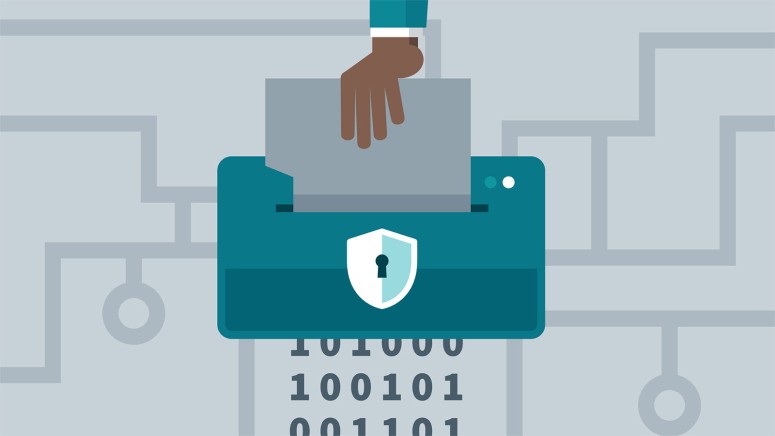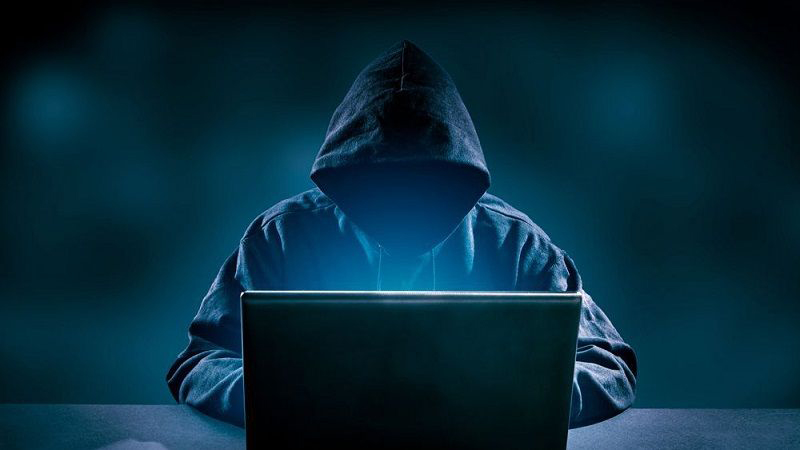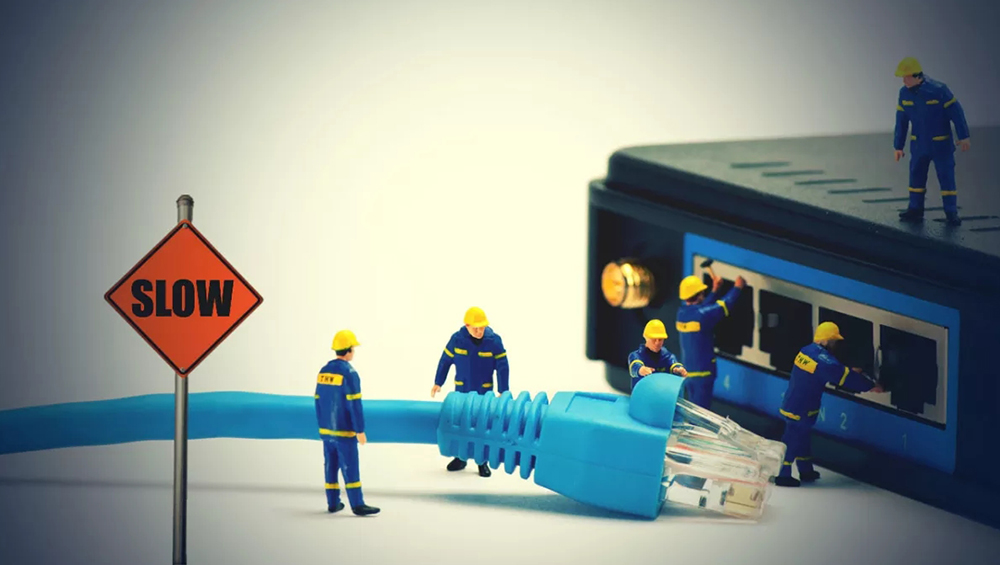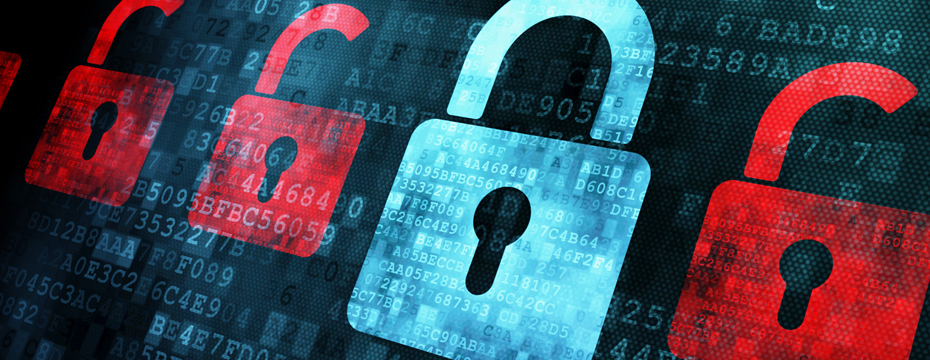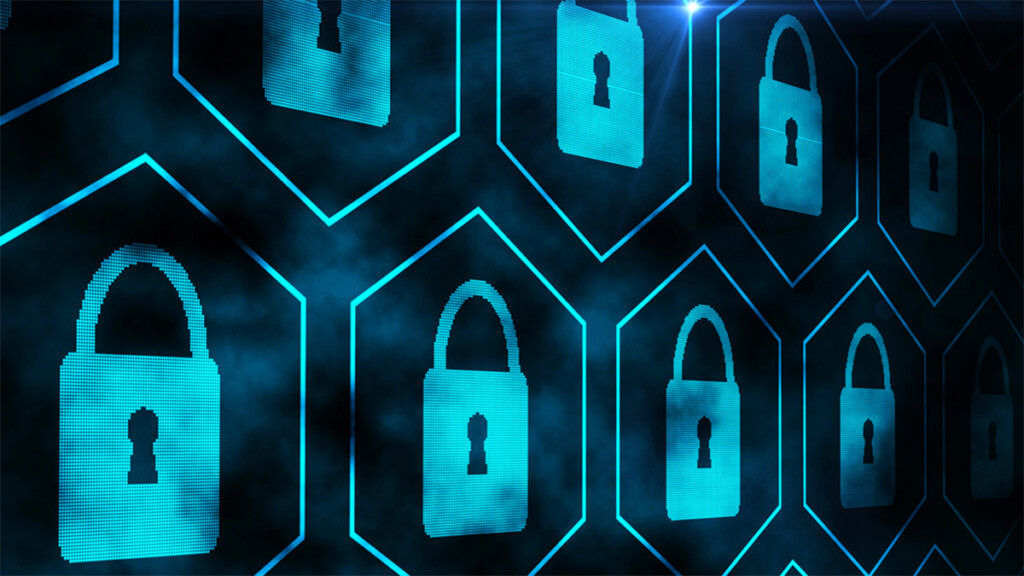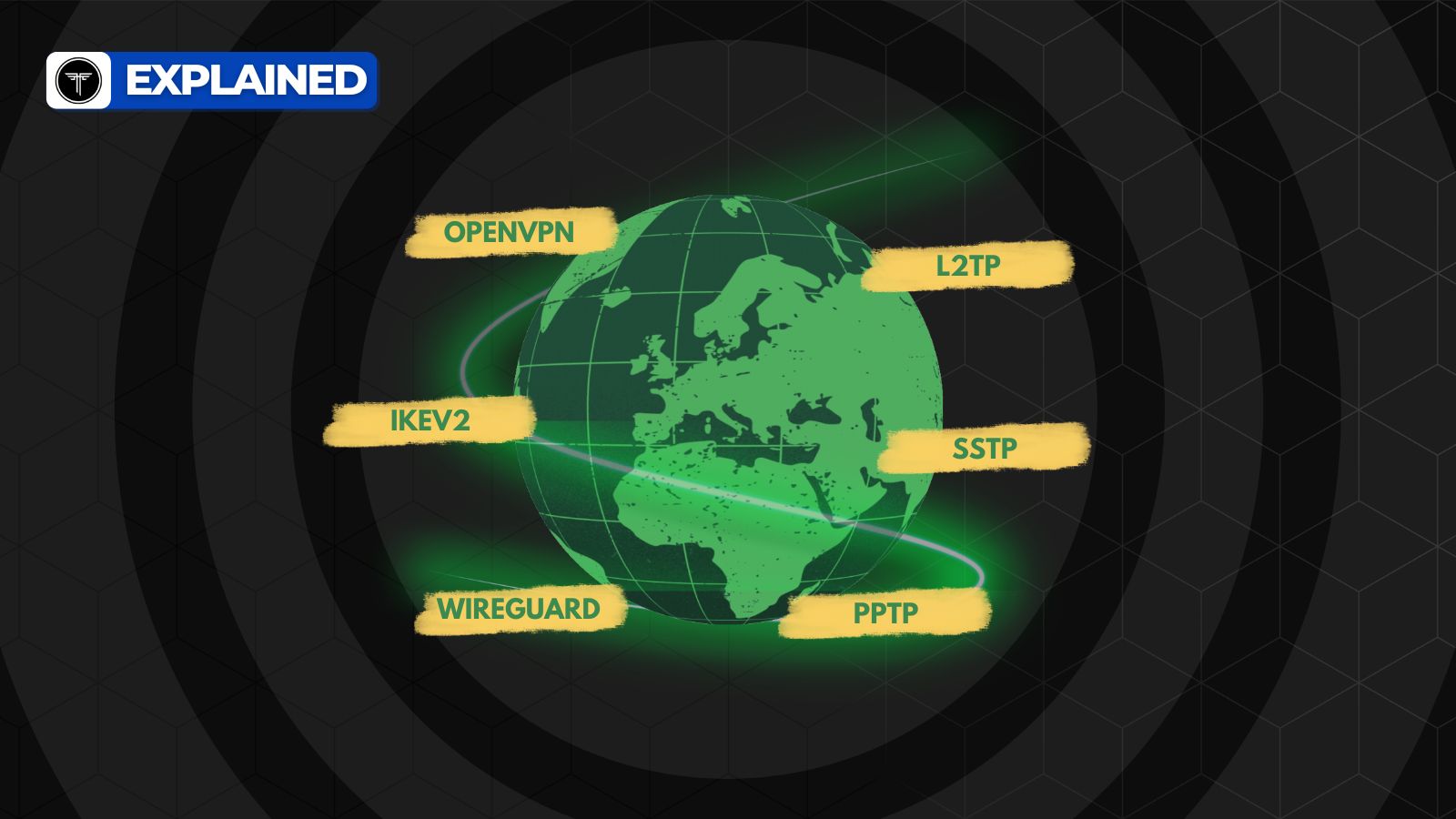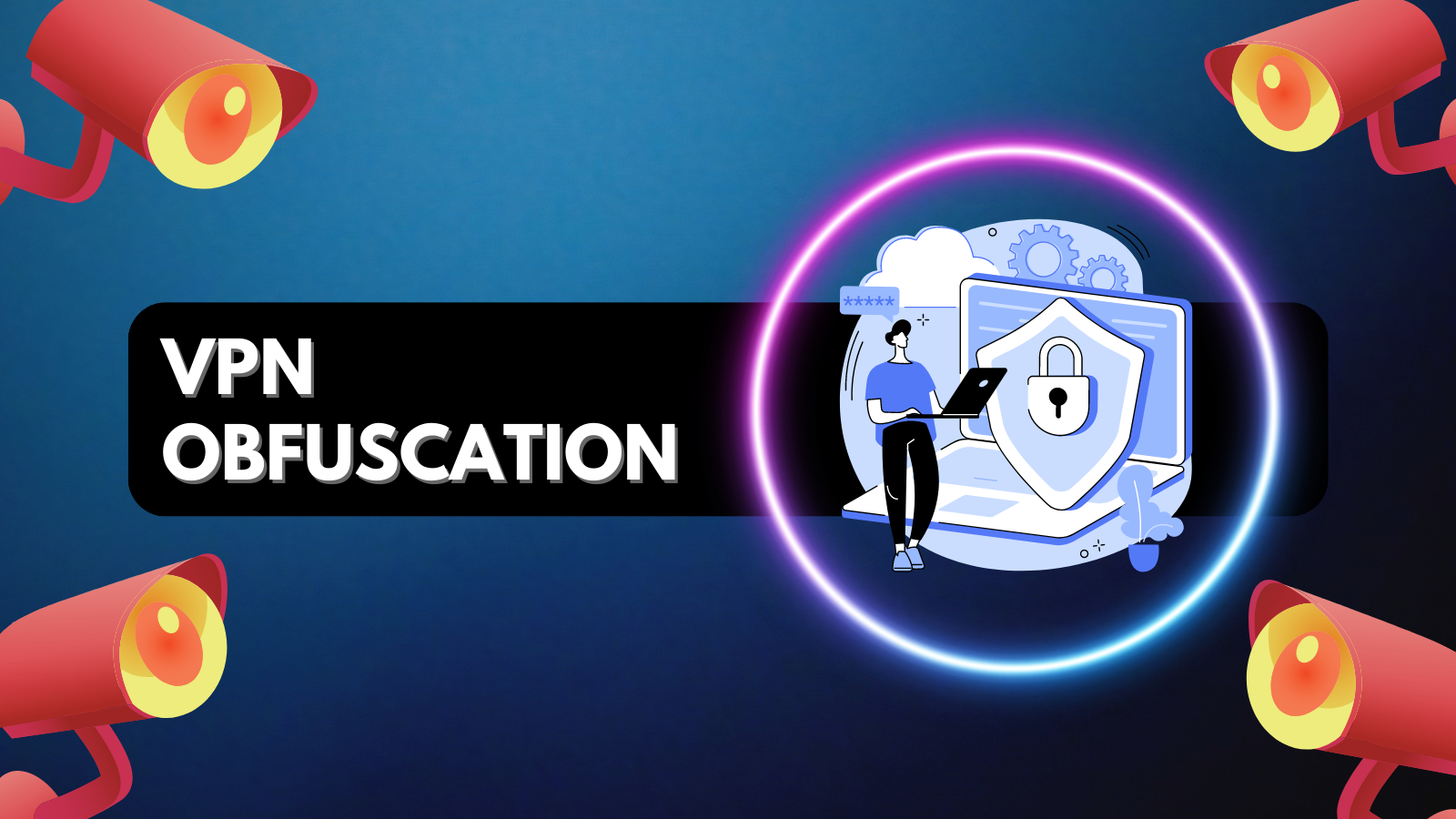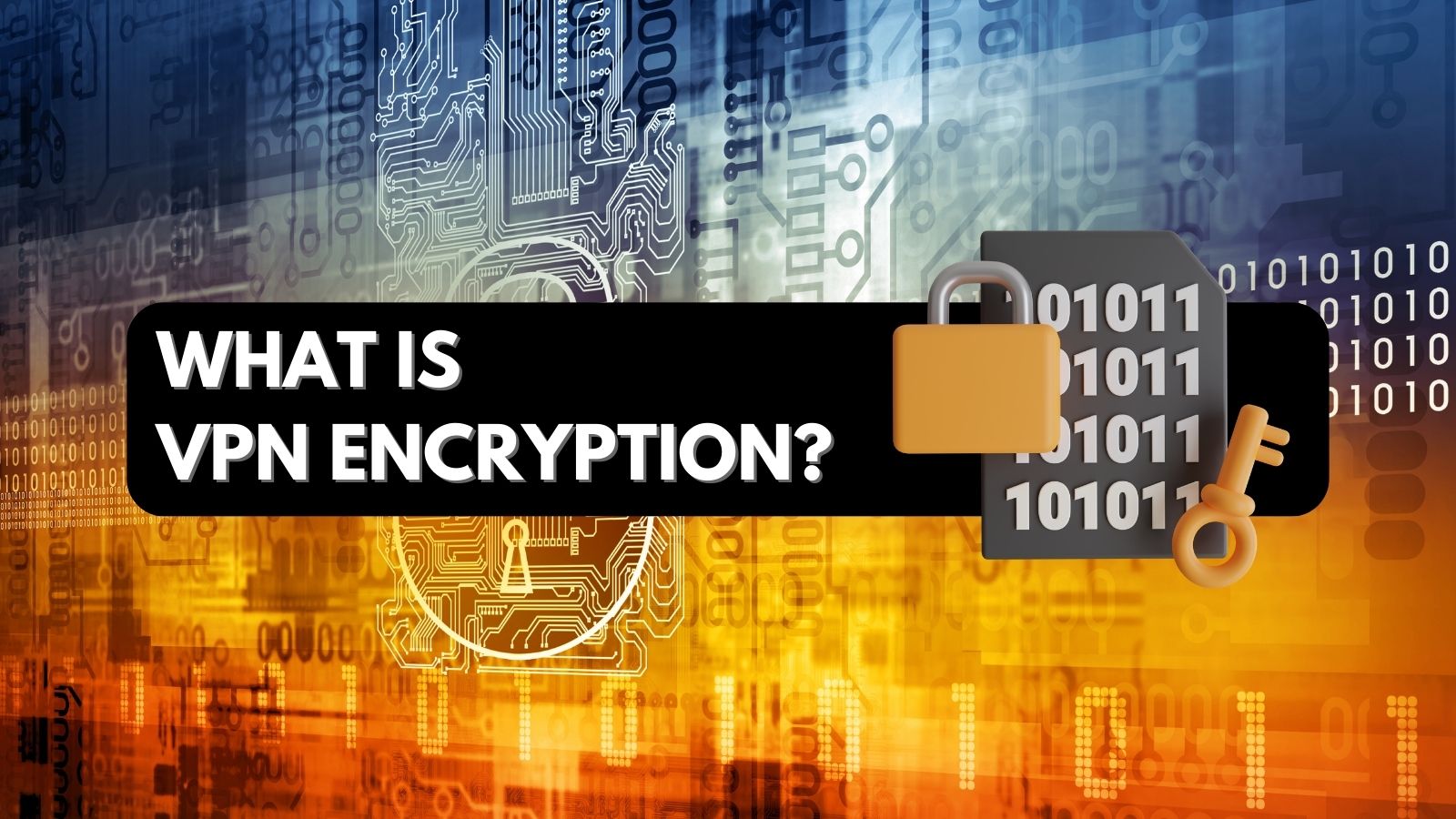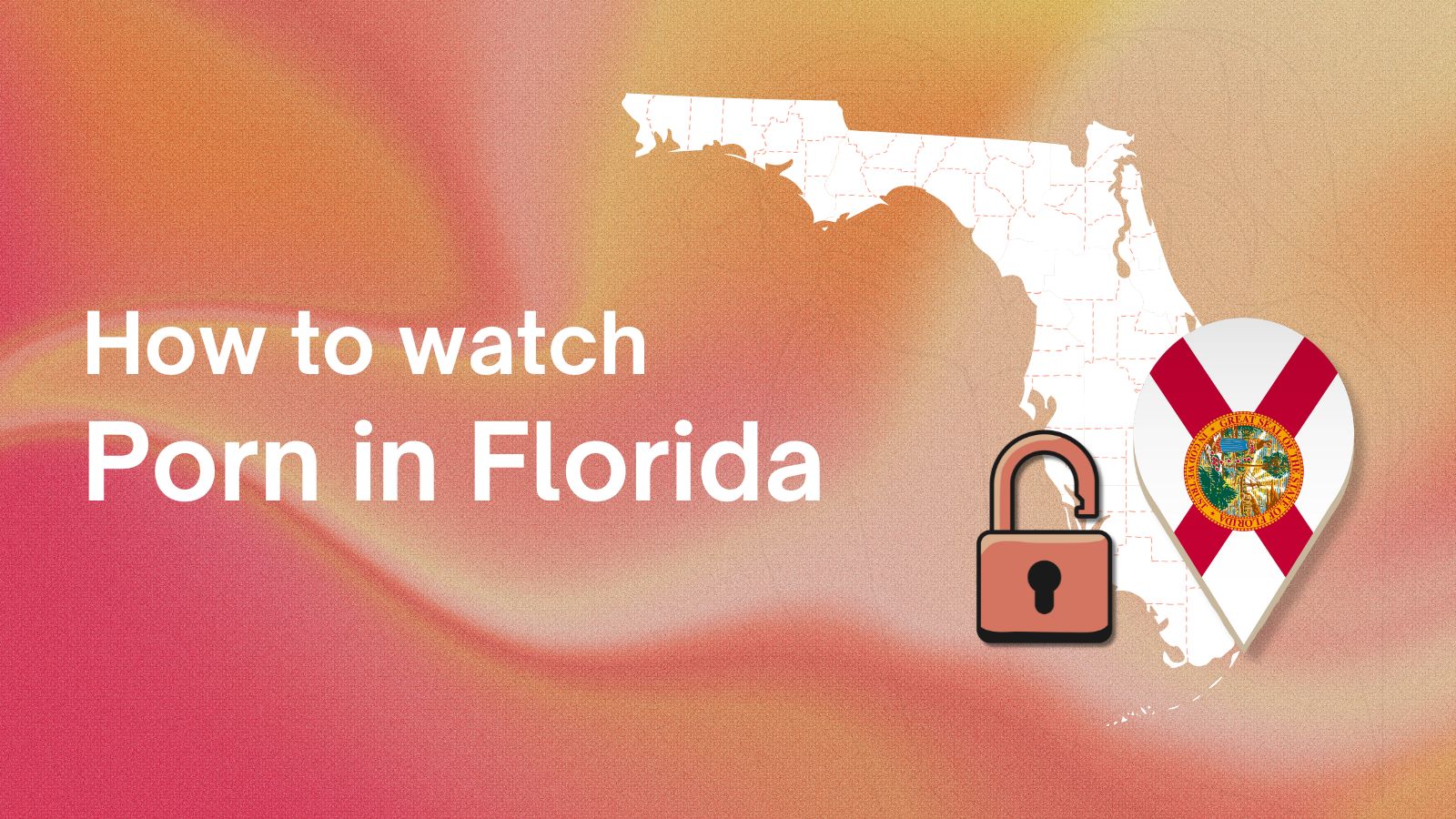
Top 10 Biggest VPN Myths Debunked – Don’t Be Led By False Information Found Online!
VPNs or Virtual Private Networks are a hot topic these days. With all the talk about privacy, government spying and the end of Net neutrality, people are looking for solutions. The advice to 'use a VPN' has almost become a mantra. However, few people who aren’t explicitly into privacy technology really understand what VPN technology is or how it works. This is precisely why we'll be taking a look at the biggest VPN myths.
Why is it important to go through the biggest VPN myths? Well, because they let you get to know this technology. You certainly don't want to make a mistake by buying a VPN thinking that it can do something that is can't. So, let's dive right in.
Top 10 Biggest VPN Myths - Debunked!
Here I’ve gathered ten myths that still seem to come up in every conversation on VPN technology. Hopefully, we can set the record straight on each one and you can make informed decisions about your own relationship with this often murky technology.
1. VPNs Are For Privacy-Obsessed Individuals
There’s a particular sort of person who really just looks at the world through rose-tinted glasses. They believe that if they don’t go looking for trouble, then it won’t find them.
For those of us living in the real world, we know that the best rule to live by is 'hope for the best, prepare for the worst'. A VPN is a fairly standard layer of security and privacy that just about anyone can afford. You don’t have to visit sensitive sites for someone to take advantage of you. For example, if you use public Wi-Fi hotspots, you could open your computer up to an attack without the use of a VPN.
2. VPNs Are Overly Technical Solutions
The truth of this myth really depends on what you mean when you say 'VPN'. If you mean setting up your own VPN from scratch like OpenVPN, then yes. It can be quite complicated and technical.
If, on the other hand, we’re talking about using a commercial VPN service to protect your privacy, this couldn’t be further from the truth. Modern VPN services are literally as easy to use as any other software you can mention. You just pay your subscription, download the VPN client program and run it. Done and dusted, easy-peasy.
3. VPNs Are For Those Who Have Something to Hide
Ah yes, the old 'I have nothing to hide' chestnut. The argument is that if you go to the trouble of hiding your Internet browsing, then you must be doing something illegal or embarrassing.
This line of reasoning completely misses the point. Privacy is precious and it’s no one else’s business what you do in the privacy of your own home. For example, why should your Internet service provider care what you do with your bandwidth? It’s like the water company taking an interest in whether you’re gardening or taking a bath. It’s creepy and weird. We deserve a buffer between us and the prying eyes of the world. You may not have anything to hide, but that’s not the same as wanting to be in the spotlight!
4. VPNs Always Slow Down Your Connection
One of the biggest VPN myths is that these applications can slow down your Web connection. However, the myth is that this is always the case. Furthermore, you can do a lot to speed up your VPN connection.
The truth is, how much impact a VPN has on your connection depends on many factors. It’s perfectly possible to make a series of choices that will maintain your privacy while having very little (if any) effect on your connection. So, take a look at our article that hides behind the link in the previous paragraph. You'll see numerous tips on how to enjoy a throttle-free connection.
5. I Don’t Need to Pay for a VPN
Everyone loves a good deal and 'free' can often seem like the best deal of them all. Unfortunately, it costs money to operate a good VPN. So when you’re faced with an offer for free VPN services, you need to take a good long look at the fine print.
We’ve tried to find the best free VPNs in the past. While there are some offering worthwhile features, they all come with serious compromises. In the end, ponying up a small VPN subscription fee is usually worth the lack of hassle and peace of mind. Remember, if you aren’t paying, you are the product! So, take a look at the best commercial VPNs you can find right now.
6. A VPN is All You'll Ever Need to Protect Yourself
The reputation that VPN technology has started to get is largely surrounded by a fog of technological misunderstanding which is what created VPN myths. Unfortunately, this has led to a situation where plenty of people think that a VPN is an all-in-one, fire-and-forget solution to privacy and anonymity.
The truth is that the advantages and disadvantages of VPNs don’t add up to a perfect solution. Depending on what you’re trying to achieve, there much more to being anonymous on the Internet than just switching on a VPN and calling it a day.
7. Tor and Proxies Are Viable VPN Alternatives
Thanks to many of the myths we’ve already mentioned above, many people look for VPN alternatives that will provide the same sort of benefits. One combination that’s often touted is to use the Tor network and an Internet proxy.
The problem is that even combined together, these two technologies don’t really add up to what a VPN does. For one thing, Tor traffic is visible to your ISP. It knows that you are using Tor, which might raise red flags. This technology is also far too slow for most things one would want to do on the Internet. A proxy only hides your IP address, but everything else is still as naked as ever. Hardly a good alternative, we’d say!
8. A VPN Must Employ a 'No-Logs' Policy
It’s one of the selling points that VPN providers like to proclaim as loudly as possible: 'We don’t log anything'. The idea is that even if they were hassled by the authorities for information, they would never have kept any records in the first place.
In the end, some form of logging is always going to be needed for technological reasons. When VPN providers say they have a 'no-logging' policy, they usually mean that they don’t collect any information that can be traced back to a specific person.
So the question is not one of whether a VPN provider makes logs at all. Rather, it is a question of what sorts of information they log and whether any of it could be used to expose you. Finding out whether a VPN is actually doing what it says is another story. So, take a look at our article on the best VPNs with the strictest no-logs policies.
9. A VPN is a Licence to Do Anything On The Web
If you were given the power of total invisibility in real life, what would you do? Would you suddenly start stealing things from stores? Would you hang around in locker rooms like a pervert? Surely there are people out there who would, but we’d like to think most people would behave well because they understand that being caught is not the main motivator for not being a jerk.
The truth is that if you do something heinous enough on the net, someone will want to get you badly enough that no VPN is going to stop them. With enough pressure, even the VPN providers will cooperate in some cases. Therefore, a VPN is not a license to forget the difference between right and wrong.
Apart from that, VPNs don’t provide protection against risky Internet usage. If you download a malware-infected file through a VPN, you are still just as vulnerable. Fall for an online criminal scam? A VPN was never going to save you.
10. All VPNs Are Pretty Much The Same
Finally, we come to one of the biggest VPN myths. Saying that all VPNs are alike is a little like saying that all cars are alike. Sure, they all have wheels, horns, and engines, but you’d hardly say a Porsche and a beat-up old are in the same league.
Because people believe that VPNs are broadly similar, they tend to shop on price alone or as the main deciding factor. If they understood a little more about how VPNs work and where the technology can be differentiated, this myth would die a quick death.
We can help with that too! Just take a gander at our article on how to choose a VPN and you’ll quickly understand what it is that sets one VPN apart from another.
Final Thoughts
The most important weapon in the fight for Internet privacy and security is, ironically, information. The more you know about the threats and how to deal with them, the safer you’ll be. Numerous VPN myths can do a lot of damage to how well people protect their own online privacy.
In case you found this article to be interesting, why not share it online? Also, don't forget to follow us on Facebook and Twitter. Thanks!

